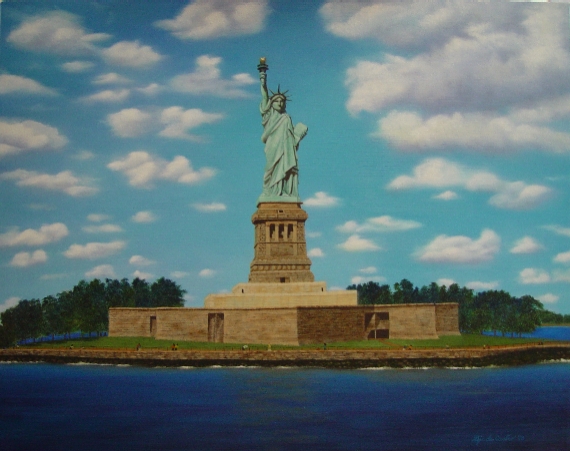Helping Form NZ Education Policy :-)
About a week and a half ago, I received this email:
Tena koe Callum
Reading your press release I'm interested in your perspective on education. What do you see as alternative to the current system or changes that could be made to improve what we have?
Regards
Kelvin Davis MP
Associate Spokesman Education
Labour
Kelvin Davis MP
------
My reply (in a formal, rather PC tone):
Hello Kelvin,
Sorry for the delay, and thanks for your interest in my press release. Do many of your colleagues read press releases from organisations such as SOLO?
Throughout most of human history, education has been a highly personal field, built fundamentally upon the relationship between student and teacher -that the educator would take a genuine interest in what goes on inside the student's brain, adjusting curriculum and teaching methods accordingly, and the student would take an interest in what they're taught, and its application. In effect, there existed a relationship of mutual respect and cooperation between the two, education being the common value. Thus, parents and other members of the community would take an active role in the education of schoolchildren.
When this connection between pupil and educator existed most strongly, the results have been good -regardless of external conditions. A good example of this comes from 19th Century Washington D.C -less than ten years after the civil when when institutionalised racism was rampant, at a school called Paul Laurence Dunbar Senior High School. The school was an entirely black school far less resourced than the area's white schools. However, most students, after graduating, went off to Ivy-League or other top American Universities, and soon overtook the white schools of Washington in test scores. Despite being a very working class school with less than adequate facilities, it outshone the other schools of the area.*
State-run education was first introduced by Bismarck in Prussia, during its wars with France, as a means of supplying the military with plenty of new recruits.
However, schools based on the relationship between student and teacher, and one-room community schoolhouses were the norm in the early 20th Century. But as the concept of universal education by the state became common in political thinking after World War II and the development of economies-of-scale in manufacturing, schools in New Zealand (as well as around the world) became far less personalised, with the goal being to get as many children through the education system as possible with the skills needed for the new era of technology. The relationship of mutual respect and cooperation between student and teacher based on the common value of education essentially broke down, and although students and teachers could still be friends with a mutual interest in one another, there were suddenly many other children that needed to be dealt with. The value of education was replaced by the necessity of education -having an inverse effect, as 2 of every 5 NZ adults today are in fact functionally illiterate**, thanks to state curriculum.
A key argument for state education today is that only state funding can provide resources for education in the "knowledge economy". However, looking back to the industrial age when new machines required new skills, we do not see faltering economic growth because of a lack of such education.
__________________________________________________________
Based on this brief summary, three changes need to be made in regards to education:
1) education is a value -not a commodity, and educational thinking needs to be based around this. As thus, educational involvement needs to be done at an individual and community level, where education is a genuine value to all parties.
2) education is not done on a societal level -children do not belong to any one country, but their immediate surroundings and people.
3) the recognition that, therefore, that education is not the state's responsibility -that state-run education is dangerous to a nation's free speech (by having reign of what gets into a child's brain) and is often compromised by political goals, in turn undermining democracy. There is little evidence to suggest that state involvement improves the quality or quantity of education, as the fact that levels of functional literacy in the late 19th and early 20th Centuries was higher than today and people had the necessary skills to keep the economy growing.
To reinforce, the goal of these changes is to make education a value with mutual respect and cooperation as its means, as opposed to a commodity.
Thanks,
Callum McPetrie
*http://www.capmag.com/article.asp?ID=5241, "Patterns of Black Excellence in Education" by Walter Williams
**"The Free Radical" issue 76 page 19, "The Look and Guess Lady" by Graham Crawshaw



2 comments:
A lot of problem in today's education, especially in the U.S., is the fact that everything is standardized so that, like you said, the state can regulate it. With that, the quality of education is diminished over time to give everyone an equal chance. Unfortunately with a state regulated schooling system, everything gets replaced by political garbage and any teachings on morals and principles of which the country was founded on gets thrown under the bus.
Indeed so -that is what is often referred to as the "educational straitjacket". At least in the US you have the Alliance for the Separation of School and State.
Post a Comment